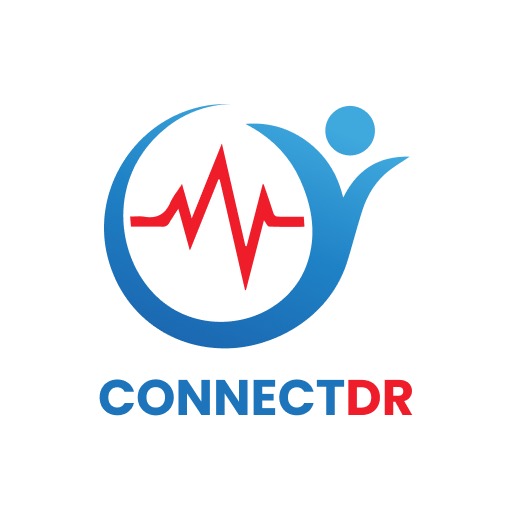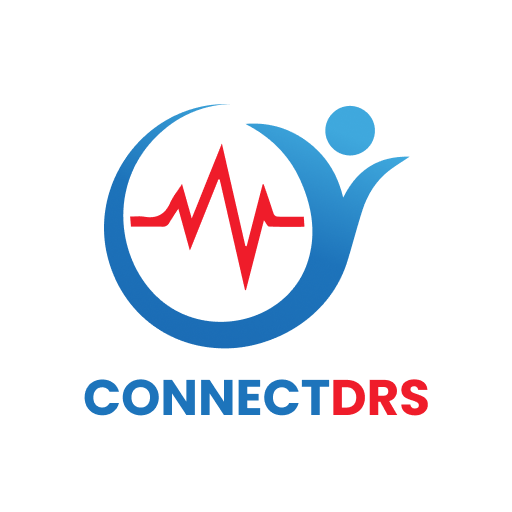
As healthcare providers embrace digital transformation, Virtual Medical Assistants (VMAs) are becoming indispensable. From managing appointments to facilitating telehealth consultations, VMAs streamline workflows and enhance patient engagement. But with this rise in virtual support comes a crucial concern — HIPAA compliance.
In this blog, we explore how to ensure HIPAA compliance while using virtual medical assistants and why it’s essential for the integrity of your healthcare practice.
What Is HIPAA and Why Does It Matter?
The Health Insurance Portability and Accountability Act (HIPAA) is a federal law in the U.S. designed to protect sensitive patient health information (PHI). Any organization or individual handling PHI — including VMAs — must adhere to HIPAA regulations to avoid legal consequences and protect patient trust.
Non-compliance can result in:
Hefty fines (ranging from $100 to $50,000 per violation)
Damage to your practice’s reputation
Legal liabilities and patient lawsuits
What Are Virtual Medical Assistants?
Virtual Medical Assistants are AI-driven or human-operated digital tools that help clinics, hospitals, and private practices with administrative and clinical tasks. These may include:
Appointment scheduling
Patient reminders
Insurance verification
Data entry into EMRs
Follow-up calls and surveys
Many VMAs are powered by platforms like ConnectDrs.com, offering HIPAA-compliant digital tools tailored for healthcare professionals.
How to Ensure HIPAA Compliance with Virtual Medical Assistants
1. Use a HIPAA-Compliant Platform
The first step is to choose a platform that explicitly states HIPAA compliance, like ConnectDrs.com. This ensures that data transmission, storage, and access follow strict security standards.
2. Sign a Business Associate Agreement (BAA)
A BAA is mandatory when a third party, such as a VMA provider, handles PHI on your behalf. This legal document outlines responsibilities for protecting patient data.
3. Implement End-to-End Encryption
All communications between the VMA and patients must be encrypted — whether via chat, email, or voice. Ensure your provider supports TLS or AES encryption protocols.
4. Access Controls and Role-Based Permissions
Only authorized personnel should have access to PHI. Role-based permissions ensure that VMAs access only what they need to perform their duties.
5. Audit Logs and Monitoring
HIPAA requires that systems maintain logs of who accessed what information and when. Regular audits help ensure compliance and identify potential breaches.
6. Employee Training
Whether your VMA is AI-driven or human-operated, all personnel involved must be trained in HIPAA compliance and patient privacy protocols.
Why Choose ConnectDrs for Your Virtual Medical Assistant?
At ConnectDrs.com, we prioritize security, scalability, and compliance. Our Virtual Medical Assistant services are:
HIPAA-compliant by design
Hosted on secure, encrypted servers
Supported by automatic audit trails and access logs
Backed by customizable BAAs
Designed to integrate seamlessly with EMR/EHR platforms
Final Thoughts
As the demand for remote healthcare solutions grows, Virtual Medical Assistants are no longer a luxury — they’re a necessity. However, adopting this technology responsibly means ensuring HIPAA compliance at every level. By choosing a trusted platform like ConnectDrs.com, healthcare providers can confidently embrace virtual support without compromising patient privacy.
Ready to empower your practice with HIPAA-compliant virtual assistance? Get started with ConnectDrs today.


